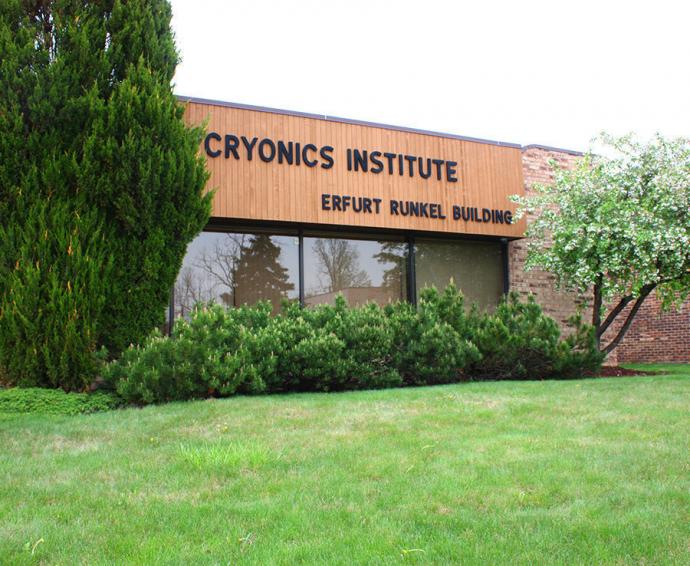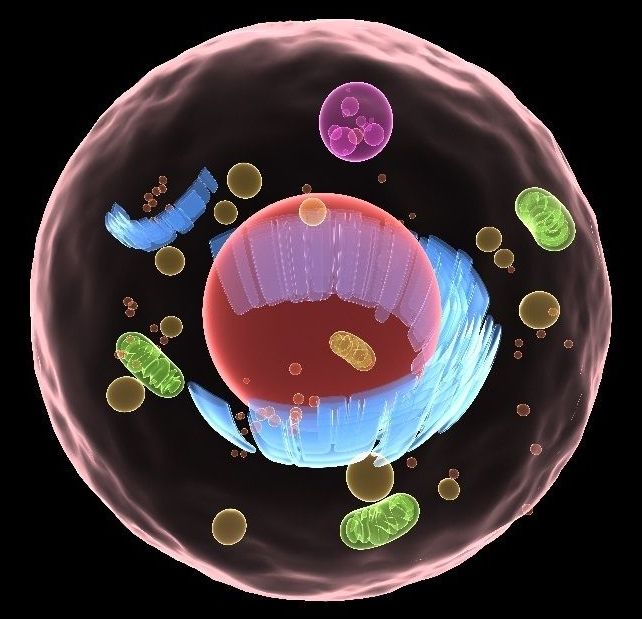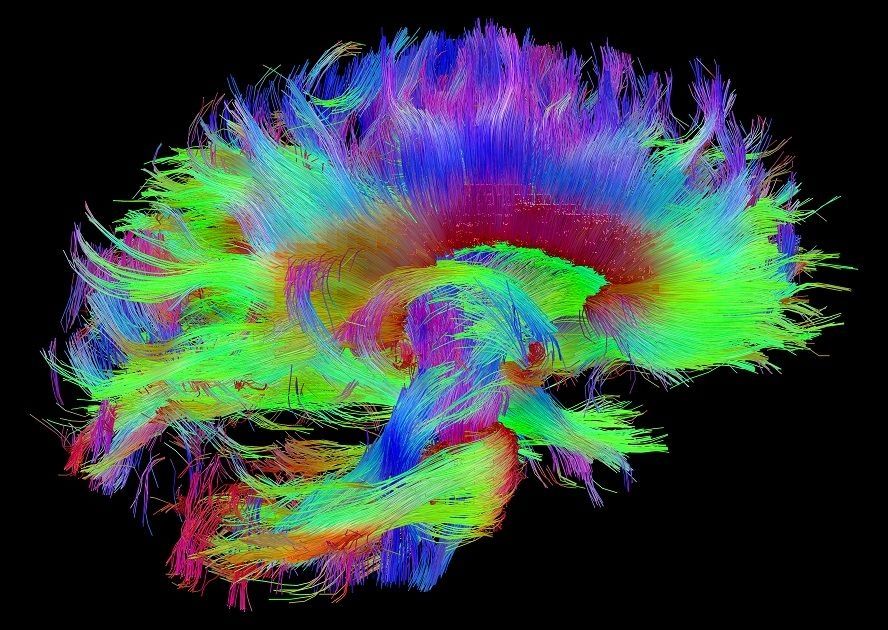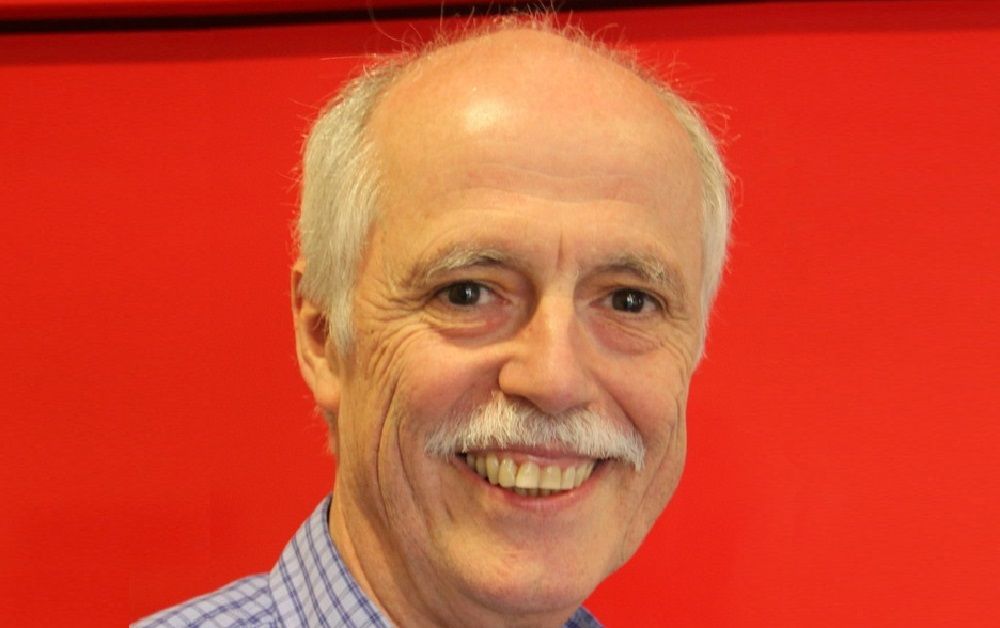Dennis Kowalski, the president of Cryonics Institute in the United States, has made the incredible announcement that cryonics is advancing so fast that he is unable to keep up with the demand for it. The institute spearheads the process of freezing human beings by cryogenics.

Dennis spoke exclusively and said that technology is making huge advances and went on to talk about CPR and said that it would have seemed not possible only 100 years ago. He said that today people take technology for granted. Dennis used to work as a paramedic and said that the reason he got into cryogenics was thanks to a book with the title of Engines of Creation by J Robert Freitas which has the focus on nanotechnology.









